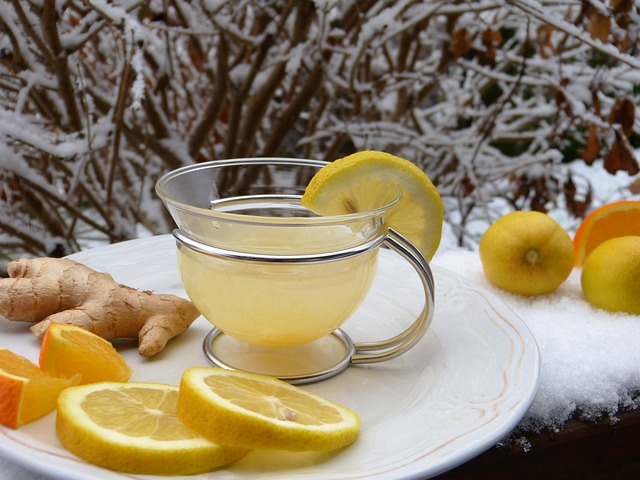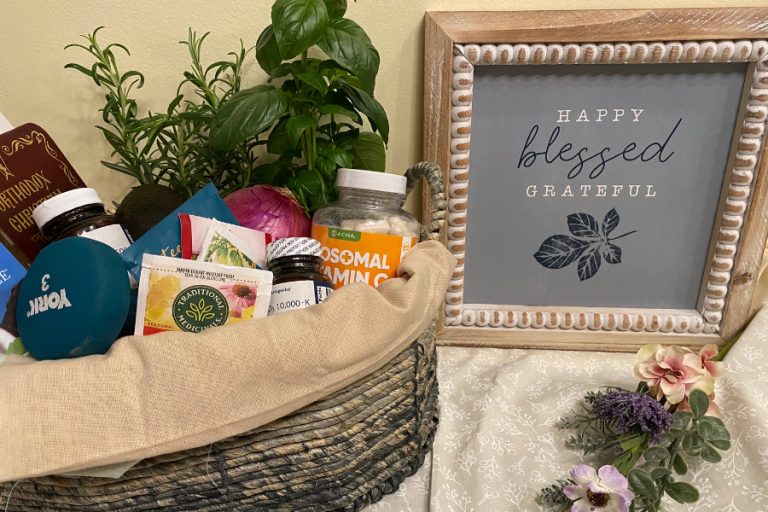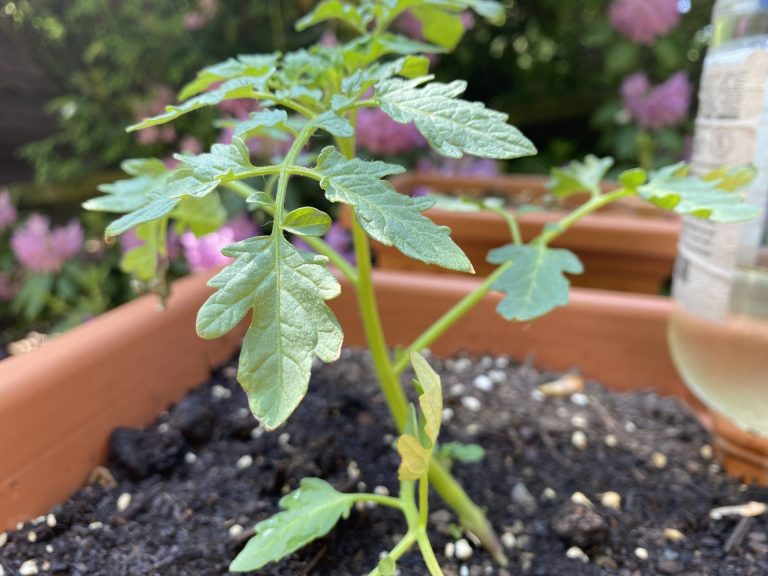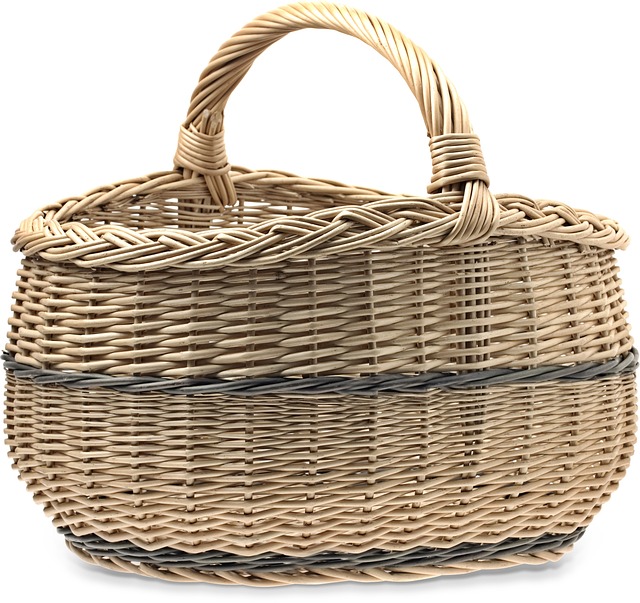September Herb of the Month: Elderberry
This post may contain affiliate links. View our disclosure policy here.
With cold and flu season coming around the corner, I’m thinking the September Herb of the month should definitely be elderberry.
In early summer, the flowers of the elderberry bush are one that many herbalists are eager to collect! Made into tinctures or dried for teas, the elderflowers are a wonderful remedy for fevers. In late summer, the berries ripen and these are quite useful for fighting colds, coughs and flu. Let’s read more about this amazing plant!
Elderberry: The Basics
Family: Adoxaceae
Latin Name: Sambucus Nigra
Medicinal Parts: Flowers and Berries
Energetics: Cooling, drying, tonifying
Taste: sweet, astringent
Actions: alterative, anti-inflammatory, antispasmodic, antitussive, antiviral, astringent, circulatory stimulant, diaphoretic, digestive, exhilarant, nutritive, respiratory antimicrobial
Affinities: immune system
The Benefits of Elderberry
The benefits of elderberry are many. From allergies and sinus issues to even constipation. Keep reading for more details!
Shortens Duration of Cold/Flu
Elderberry syrup is a handy cold-fighting weapon. Making your own and mixing in other immune fighting herbs is all the more powerful. I purchase a kit from a friend of mine and make some to store in the refrigerator every fall and winter. We take about a tablespoon a day throughout the cold and flu season. If we know we have been around someone who takes ill, we increase the dose for a few days. If we ourselves begin to feel symptoms, we increase the dose to about 1-2 spoonfuls every few hours for several days or more.
Studies have shown that elderberry generally relieves flu symptoms within about 3 days with consistent dosing. As with any medication or herbal medication, everyone’s bodies are different and may respond differently. However, elderberry has demonstrated an ability to inhibit viral binding and replication.
Eases Pain and Inflammation
Elderberries have high antioxidants. It surpasses many other berries with antioxidants. Studies have shown that high antioxidants reduces joint inflammation. By reducing oxidative stress, elderberries may indirectly support the body’s ability to manage inflammation.
Quercetin, a flavonoid found in elderberries, may also help inhibit the release of certain inflammatory molecules.
A reduction of inflammation in the body helps to reduce pain.
Sinus and Respiratory Health
With the anti-inflammatory properties and tons of antioxidants, elderberry does a great job when used as a treatment for sinus issues and respiratory health. The anti-viral properties increase these benefits.
Allergies
Again, elderberries are very high in their antioxidant content. This in conjunction with quercetin, may help with allergies. Quercetin may help stabilize mast cells, which are the immune cells involved in an allergic response. When mast cells are stabilized, they are less likely to release histamine and other inflammatory compounds that cause allergy symptoms.
Heart Health
The antioxidants in elderberries may reduce the risk of cardiovascular disease by improving blood vessel function as well as by reducing oxidative stress.
Gut Health
Elderberries are a nice way to add dietary fiber to your menu! Dietary fiber is said to be beneficial for digestive health in that it helps maintain a healthy gut microbiome.
Skin Health
Sometimes elderberry extracts are used in topical skincare products, again making use of those high antioxidants!
Anti-Cancer Properties
Some studies have been done to explore potential anti-cancer effects of compounds found within elderberries. While more research is necessary, this is one more reason to make your elderberry syrup and enjoy the sweetness!
Harvesting Elderberry
Identification
The elderberry shrub can grow 5-12 feet tall in the United States. It grows even taller in Europe.
The shrubs often grow in moist, swampy areas and next to streams. They can sometimes be found along the roadside near moist fields.
The bark of the elderberry is yellow-gray. The oval shaped leaves are opposites and serrated. Flat bunches of white flowers with five creamy-white petals bloom from late spring to early summer. The berries grow in early fall. Be careful to get them before the birds do!
Harvesting
Blossoms
Collect elderberry blossoms when the heat of the sun is on them. This is because it is essential that they are completely dry. Do not pick wet or damp blossoms.
It’s important to not collect all the blossoms from one shrub. These blossoms are what turns into berries. If you take all the blossoms, you will not have berries and that would be a huge loss.
Equally important, be sure to use the blossoms immediately. Do not wash them. Washing causes the scent and flavor to leave as it’s in the pollen which will wash away.
If you are concerned about insects, place the container you have collected your blossoms in upside down on a sheet of newspaper. Prop open side up slightly. Then the insects will choose to leave the dark and within just a couple hours be on their way.
Berries
Here’s a video I found on YouTube for harvesting berries!
Harvesting Cautions
Remember that only the flowers and berries are to be harvested. The leaves and stems are poisonous.
Always check to positively identify your plants before harvesting. Check bark, leaves, flowers and/or berries before deciding for sure if it is the plant you are seeking. Pokeweed, for example, is a poisonous berry similar to color of the elderberry. You can tell the difference by looking at the leaves and the shape of the berry clusters.
Also recall that we are speaking of the black elder tree (or those mentioned in the video). Red elder is toxic.
Herb of the Month: Application and Practice
Elderberries: The Flowers
Elderflower is often used in tea blends as you can see in the recipe section below. Another use I’ve seen while browsing the web is a flavor for Kombucha! I hope to get my Kombucha making husband to try it out! Elderflower syrup is also very popular as a base for many drinks. Elderflower may also be used to make an herbal medicinal tincture.
Elderberries: The Berries
Elderberries themselves are probably more commonly known in regards to making syrup to boost the immune system. I admit it’s certainly my favorite way to work with it. I had elderberry wine once though that was truly extraordinarily delicious!
Other ways of working with elderberries include jams, jellies, tinctures, infused honey, pie, and more!
Elderberry Recipes
Elderberry Flu Tea
- 1 tsp elderflowers
- 1 tsp elderberries
- 1 tsp yarrow
- 1 tsp lemon balm
- 1 tsp licorice root
- 1 tsp (or 1-2 fresh slices) ginger
Steep covered for at least 20 minutes in 8-10 oz boiled water. Strain and sweeten with raw honey. I recommend drinking a cup every 2-4 hours.
Stop Your Sneezing Tea
Depending on the cause of your sneezing, elder flower can sometimes bring relief to allergies, hay fever and sinus congestion.
- 1 teaspoon elderflower
- 1 teaspoon elderberries
- 1 teaspoon yarrow
- 1 teaspoon echinacea
Pour 2 cups boiled water over your herbs and steep for a minimum of 20 minutes, covered. Strain. Add raw honey to taste. I recommend drinking 1/2 cup of tea every two hours until symptoms are dissipated.
Fermented Elderberry Honey
This is a link to a recipe I recently came across. I am so hoping to find some fresh elderberries to make this!
Herb of the Month: Elderberry Cautions
I will repeat here that the leaves and stems are poisonous if consumed. The leaves can be used topically (I don’t know much about that so have not written about it) but should never be consumed. Berries can also cause upset stomachs and vomiting if eaten raw, so always cook or infuse elderberries before consuming.
Final Thoughts on Elderberries
I’m excited about elderberries. Above all, I really notice a difference in our immune systems when we remember to dose daily with elderberry syrup during cold and flu season. Additionally, the amazing benefits from elderberries and other medicinal herbs is astounding. Food really is medicine!
I encourage you to read more about the benefits of elderberries. Furthermore, I highly encourage you to at least get some elderberry syrup and dried elderberries to add to your teas this fall and winter. Come back and let me know if you notice a difference when using elderberries consistently!
Have You Seen These Posts on Herbs?
If you have just stopped by and found My Wellness Basket while looking for information on elderberry, let me assure you there’s lots more information on herbs and filling your wellness basket here. In addition to September Herb of the Month: Elderberries, check out these posts that may be of interest to you.
My Wellness Basket: What’s With The Name?
Purchasing Elderberries and Other Tea Supplies
I like to get my kit for elderberry syrup from a friend. The dried elderberries and other immune supporting herbs are all in the kit! I still like to have some to add to tea though.
Here’s a few sources I have gotten elderberries from along with some other elderberry products that may be of some interest. Additionally, a few tea supplies are at the bottom of the list.
Mountain Rose Herbs – dried elderberries
Elderberry Syrup Kit – if you don’t have a friend who makes kits, Earthley does!
Elderberry Elixir – this elixir is a lovely way to boost your immunity and support lung health!
Organic Elderberry Tea Bags – want a quick way to make tea while you are learning how to make syrups, tinctures and your own blends? Here’s some tea bags all ready to go!
Purple Tea Pot – Need a new tea pot to match your elderberries? This is hard to resist.
Diffusers for steeping tea – this is my favorite style. Fine mesh and easy to clean out!
Teabloom One Touch Tea Maker – this is on my Christmas List!








Elderberries sure sound like a good herb to have in your medicinal herb arsenal.
I’m going to investigate growing them.
I’ve been wanting to grow them myself. Maybe next spring I’ll get a few plants!
Fascinating facts about elderberry!
I take elderberry supplements but never have had an actual elderberry before, I will definitely try them out 🙂
The elderberry syrup is delicious. Adding them to herbal teas is a nice natural sweetener as well. My son hates taking supplements but never refuses the elderberry syrup.